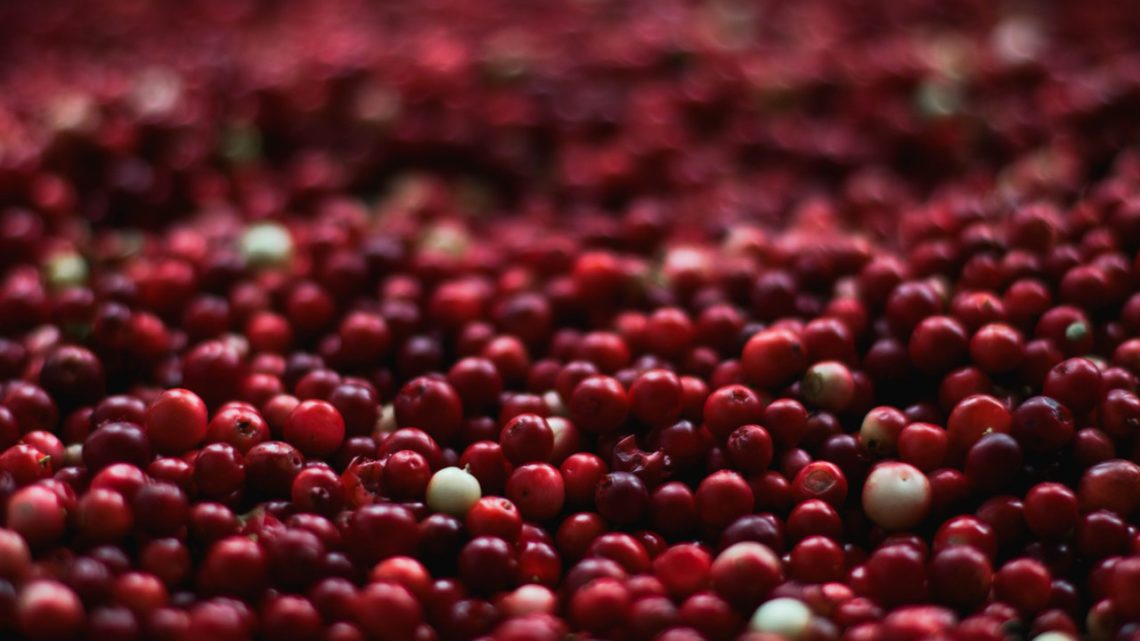Fighting anxiety through dietary changes might sound like a far-fetched concept. After all, how can the foods we eat change our mental state? As it turns out there are a number of dietary adjustments that can be made to ensure what you eat fights feelings of anxiety and nervousness thanks to the nutrients and health benefits they provide. By soothing the body, the mind often follows, after all.
Building up an anti-anxiety diet from scratch might take planning and work, but it’s worth it in the long run if it brings your mental processes into line. Your brain and your stomach often communicate in ways we have yet to fully understand and what we eat can exacerbate or help calm those nerves, adding additional benefit to making sure one’s diet is properly rounded.
Wondering where to start? These five foods are solid contenders for stress-relieving options to supplement your existing diet or help you create an entirely new eating plan.
1. Omega-3 fatty acids
The surprising abundance of anxiety disorders and their link to a lack of omega-3 fatty acids could be one of the most unfortunately overlooked factoids many anxiety sufferers may benefit from.
Finding a proper source of omega-3 fatty acids almost requires a fish-heavy diet with oil supplements, considering the sheer volume of fish required to reach appropriate levels. For instance, salmon is a solid source of the acid that can help abate anxiety before it happens, but it’s quite expensive.
Considering that the steelhead trout taste is remarkably similar to the salmon’s, you can easily switch from salmon to steelhead trout, which is more affordable, and still get a great amount of omega-3 fatty acids. See if your local fish market carries steelhead trout and you could feel better while also saving a fistful of cash, too.
2. Anti-oxidant rich foods
Evidence of a link between low anti-oxidant levels and anxiety follows up on the heels of omega-3 fatty acids when it comes to nutrients the body needs but often isn’t supplied enough of. One major reason for this lack of antioxidants is the foods required to get them, including beans of many varieties, walnuts, apples, cranberries, plums, spinach and kale.
Taking in antioxidant-rich food on a more regular basis can reduce oxidative stress on your body, which can lead to a more balanced mental state and a much lower prominence of various neuro-psychological disorders.
Moreover, it turns out that including antioxidant foods in your diet has a great impact on your skin, as well. For instance, kale helps keep your skin clean and beautiful, by regulating the levels of iron in your blood. Kal, it’s one of the most effective anti-aging superfoods that can make you look younger.
3. Kimchi and sauerkraut
Still curious about the links between your gut and your brain? Eating more fermented foods can have a profound impact on your gut flora, attainable through eating primarily fermented foods and other options such as yoghurt.
These helpful bacteria help regulate your digestion and may have yet-unseen health benefits up to and including a reduction in social anxiety. Who knew the humble cabbage could be such a strong proponent of mental health?
4. Tea
Depending on the type of tea you enjoy, you could reap a variety of boons from a tea-drinking routine ranging from cancer-fighting power to a boost of antioxidants. As mentioned earlier, those antioxidants could be the key in keeping your brain working smoothly, but there are other benefits, too: Finding a routine you enjoy doing can promote a healthier state of mind by promoting a restful portion of your day that is reliable and predictable.
Drinking tea helps hydration and using it as a coffee replacement can shave the edge off of your anxiety without giving up entirely on coffee. The caffeine in coffee can be mistaken for or outright lead to panic attacks and thanks to its state as the most heavily-used mind-altering substance in the world, finding someone who over-drinks coffee is about as easy as finding a breathing human being. Replacing that coffee with caffeine-light or caffeine-free tea can keep your routine stable while cutting out one of anxiety’s best friends. Your teeth will thank you, too.
5. Healthy greens
Following a study revolving around anxiety-related activities in mice and its relation to nutrition, a lack of magnesium in one’s diet can potentially link up to feelings and actions we commonly relate to anxious individuals.
Thankfully, foods such as chard and spinach are natural magnesium providers that offer health benefits across the board in their nutritional content. Even if you aren’t feeling particularly anxious, spinach is an important part of nearly every diet.
Fighting anxiety is a process. No one food is going to eliminate the issue, but by eating properly and managing things that contribute to your stress level, anxiety can be controlled and brought down to a healthy level. Your doctor may prescribe medication to help and augmenting it with proper nutrition can only help bolster your body’s defenses.
If you enjoyed this post, feel free to share it with your friends and family. After all, sharing is caring!
Author: Amanda Wilks
Amanda Wilks is a passionate writer, cooking enthusiast and sports advocate. She discovered her passion for gastronomy when she was going through a tough time. Back then, cooking was the only thing that would help her relax and she learned quickly that a healthy diet can significantly reduce stress and anxiety. Find out more about Amanda by visiting her Twitter profile.














